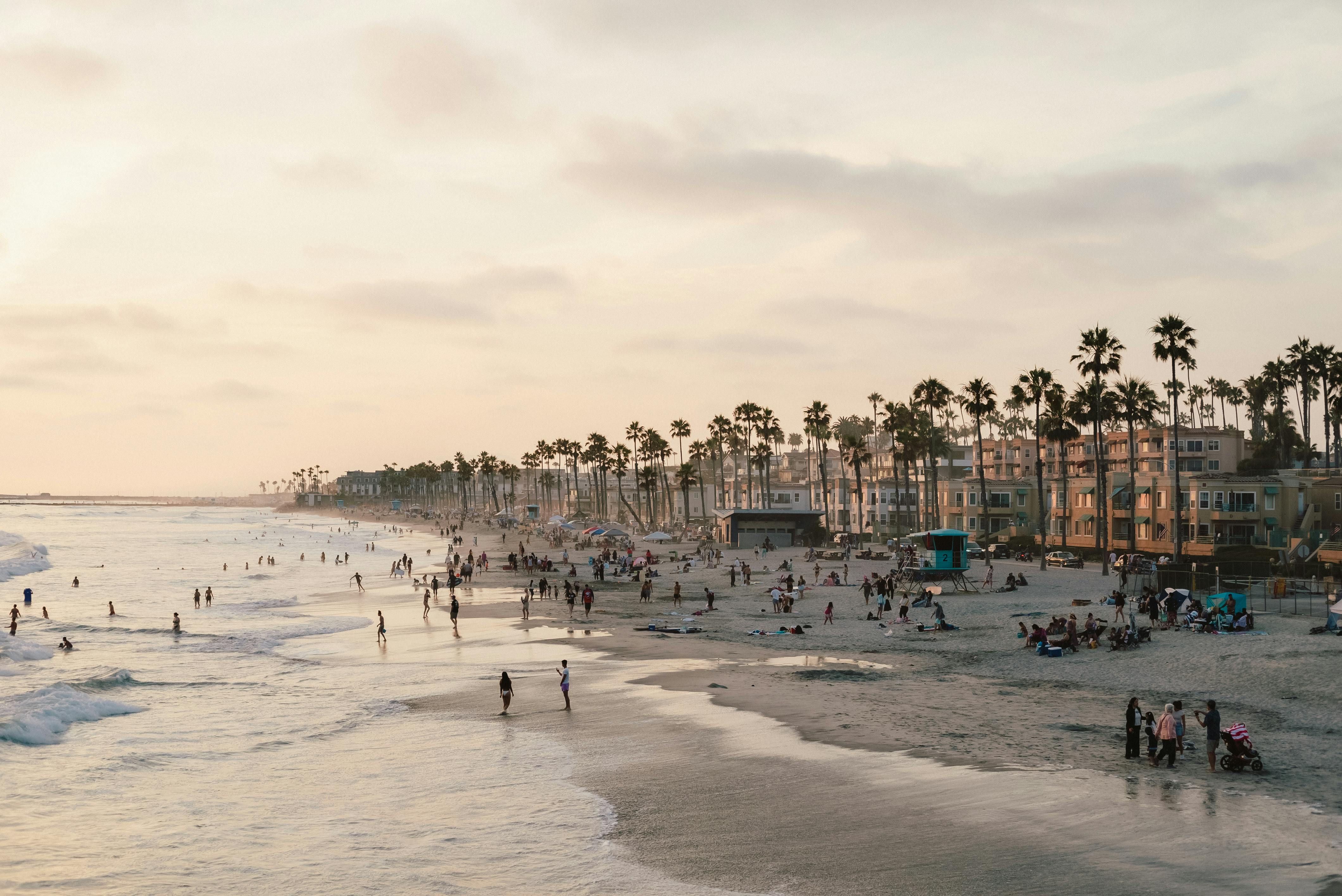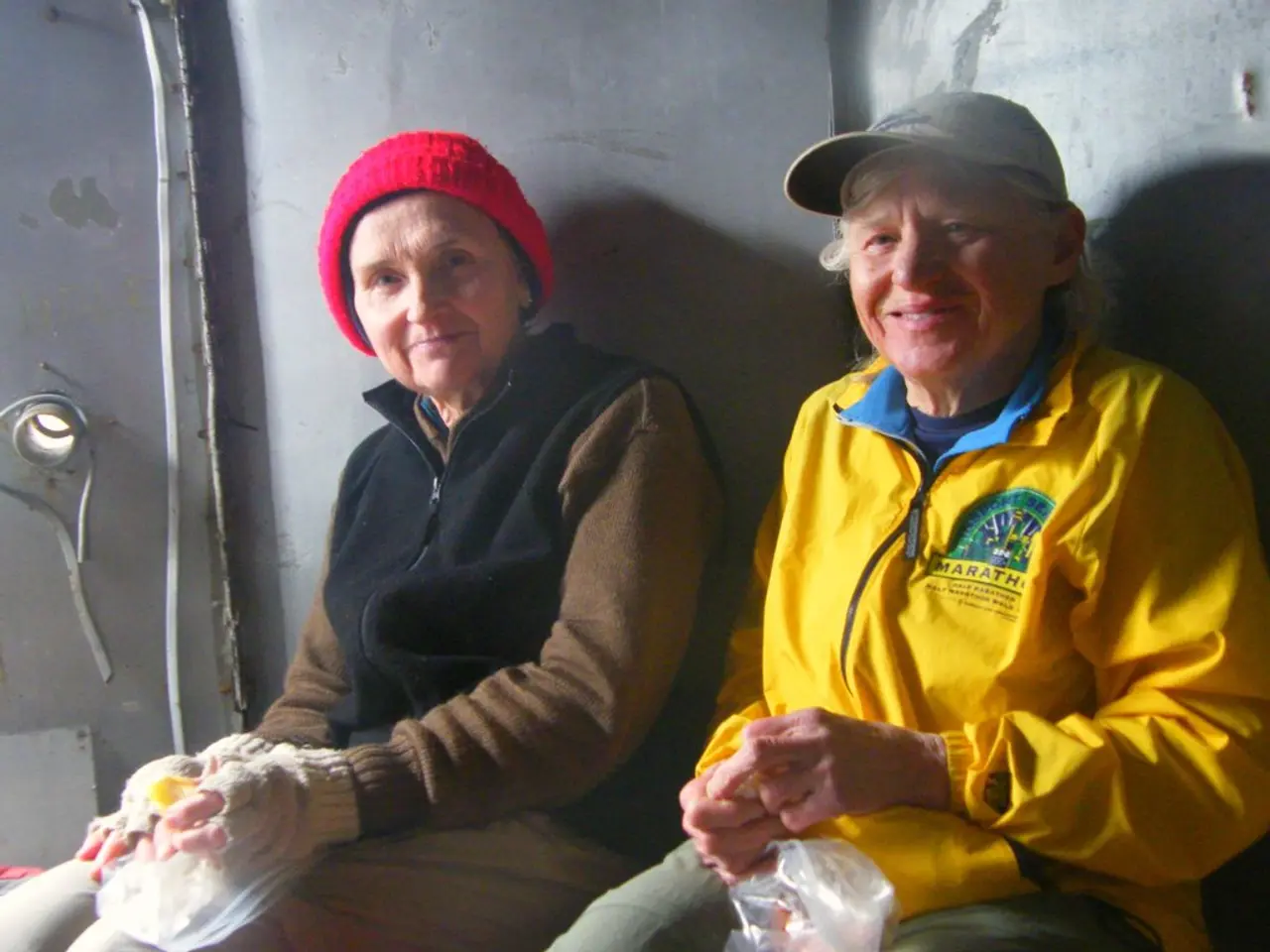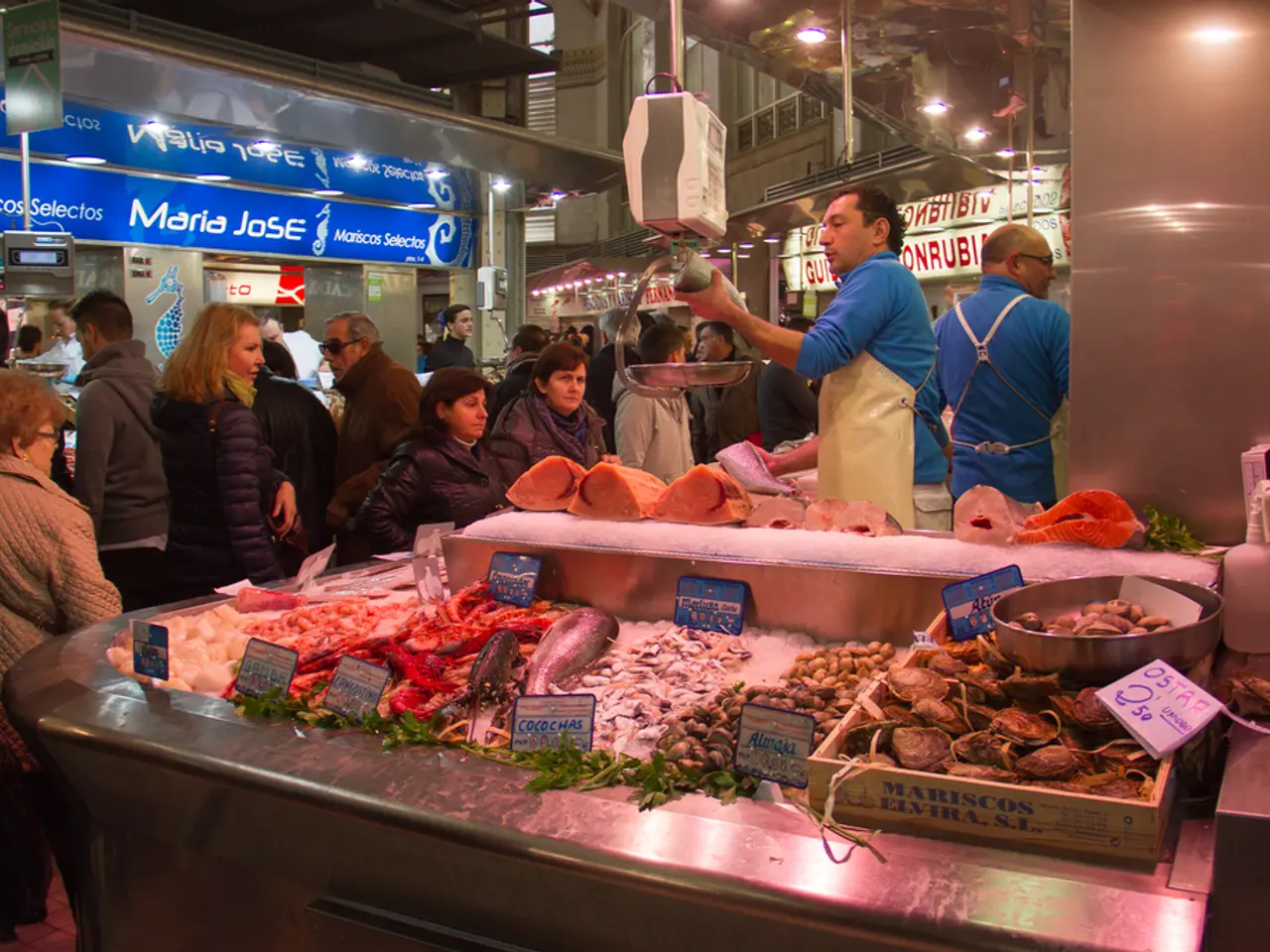EXCITING NEWS FROM DHAKA
Former Prime Minister of Bangladesh, Khaleda Zia, makes her return, heightening tension and call for elections.
Former Prime Minister of Bangladesh, Khaleda Zia, has flown back to her homeland after a four-month medical stint in London, triggering a political storm and amplifying demands for elections.
Bangladesh is currently being led by laureate Muhammad Yunus, who took over following the ousting of Sheikh Hasina in a student-led uprising in August last year.
Zia, a formidable adversary of Hasina, and her Bangladesh Nationalist Party (BNP) have been relentlessly pressing Yunus' government to organize national elections in December, hoping to restore democratic governance.
In the past, under Hasina, many opposition political parties, including Zia's BNP, had either boycotted the polls or accused the authorities of rigging them. Although the public initially welcomed Hasina's overthrow as an opportunity for fair elections, doubts and apprehensions have arisen recently about the new government's determination to hold elections promptly. The new government has suggested that the next election may occur in December or by June 2026, depending on the implementation of reforms in various sectors.
Zia's eldest son, Tarique Rahman, holds the reins as the acting chief of the party from his exile in London.
Upon her arrival at 10:43 a.m., Zia was greeted by senior party leaders at Dhaka's bustling airport. Sporting a warm smile, Zia raised her right hand repeatedly as she welcomed greetings.
Thousands of supporters, waving Bangladesh and BNP flags, had gathered outside Hazrat Shahjalal International Airport to welcome the returning leader, ensuring tight security. Residents along an almost 9-kilometer stretch of road leading to Zia's residence in Dhaka's upscale Gulshan area eagerly awaited her arrival.
BNP secretary-general Mirza Fakhrul Islam Alamgir declared Tuesday to be a joyous day for the nation as Zia's presence in the country symbolizes a significant step toward democratic transition.
Zia and Hasina have managed to alternate in power as prime ministers since 1991, when Bangladesh re-emerged as a democracy following the ouster of authoritarian President H.M. Ershad.
During Hasina's tenure of 15 years, Zia was tried and imprisoned for 17 years in two corruption cases. BNP claimed the charges against Zia were politically motivated, an accusation Hasina's government vehemently denied. Later, Zia was released from prison under the condition that she not leave the country.
Zia is the widow of former military chief-turned-president Ziaur Rahman, who was assassinated in 1981. Hasina, on the other hand, is the daughter of Sheikh Mujibur Rahman, who led Bangladesh's independence struggle against Pakistan in 1971.
As Bangladesh's political landscape entangles further, economic challenges loom large. GDP growth is expected to decelerate to 3.3% in FY25 due to dwindling investments, while fiscal deficits and inflation continue to be pressing concerns. The need for reforms to strengthen the financial sector is an urgent priority.
The military's backing of Yunus' interim government, as well as India's strategic interests in the region, add complexity to the scenario. Although outright state failure seems improbable, prolonged uncertainty regarding electoral clarity may exacerbate public distrust.
- The return of Khaleda Zia from Seattle to Dhaka has ignited a political uproar, as she presses the current government led by laureate Muhammad Yunus to organize elections in December.
- Despite Zia's demands and the hopes for democratic governance, there are doubts about the new government's commitment to promptly hold elections, with the suggested date for the election being either December or June 2026.
- In Seattle, Zia's eldest son, Tarique Rahman, acts as the acting chief of the Bangladesh Nationalist Party (BNP), which Zia leads.
- With increased political turmoil and the need for reforms in policy-and-legislation, general news outlets are keeping a close watch on the ongoing dynamics between Zia, Hasina, and the government in Dhaka.
- The future of democracy in Bangladesh remains uncertain amidst the complexities of regional politics, economic challenges, and the uncertainty surrounding the elections, with the military's backing of Yunus' interim government and India's strategic interests playing crucial roles.









